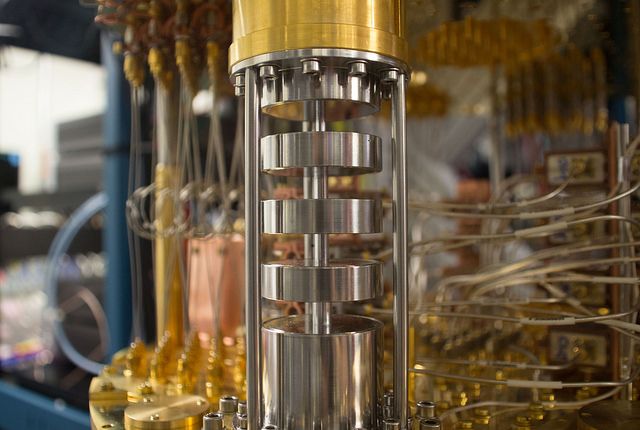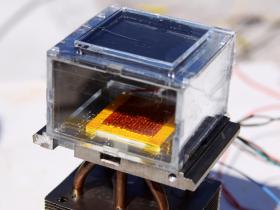Quantum computing and the blockchain both get plenty of attention in 2017, and now researchers in Russia have combined the two to create what they claim is an unhackable distributed-ledger platform.
The new technology, described as the “first quantum-safe blockchain,” promises to make it secure for organizations to transfer data without the fear of hacking from even the most powerful computers, in this case, the emerging field of quantum computing. Quantum computers make use of the quantum states of subatomic particles to store information, with the potential to do some calculations far faster than current computers. There’s some dispute whether we have actually reached that point yet, but companies such as Google Inc. are promising that true quantum computing is just around the corner.
“Quantum computers pose a major threat to data security today and could even be used to hack blockchains, destroying everything from cryptocurrencies like bitcoin to secure government communications,” a spokesperson for the Russian Quantum Center told SiliconANGLE. “Because quantum computers can test a large number of combinations at once, they will be able to destroy these digital signatures, leaving the blockchain vulnerable.”





 but adoption that mirrors the shift in our very understanding of bookkeeping, trust and transparency.
but adoption that mirrors the shift in our very understanding of bookkeeping, trust and transparency.



